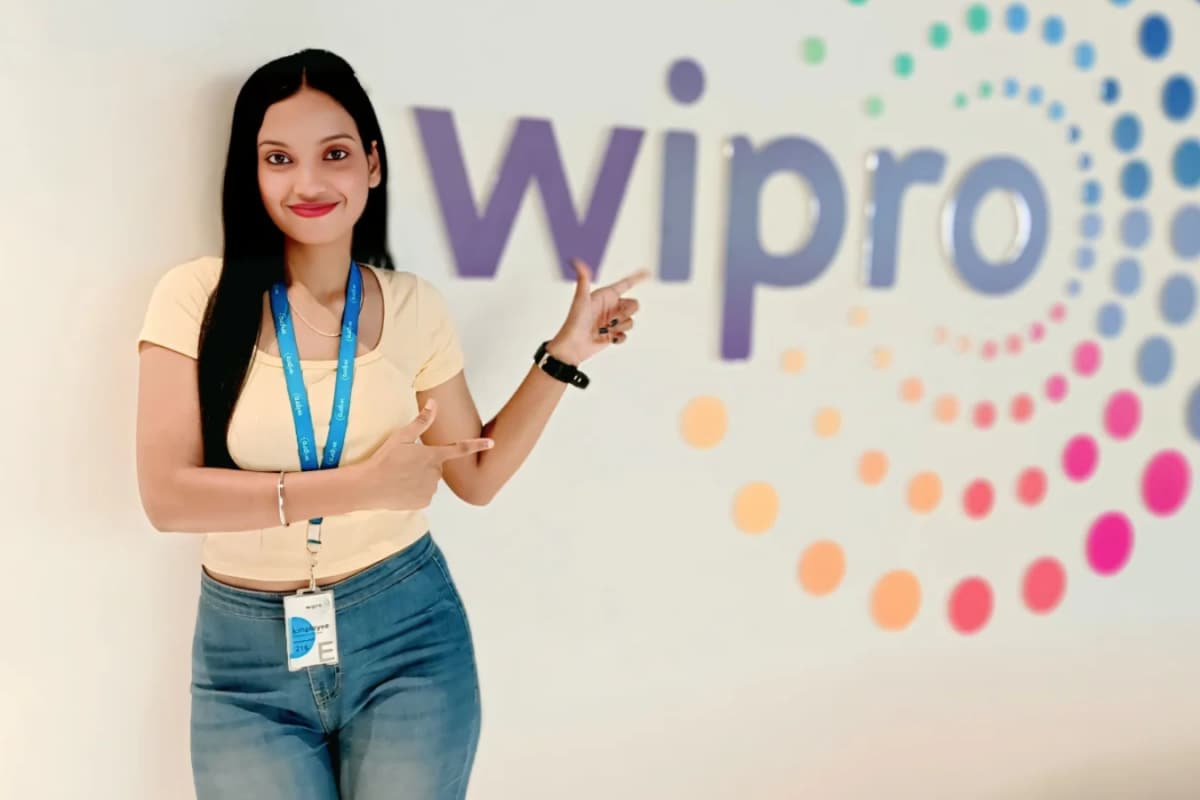

The tech world is buzzing after a software developer's account of enduring 14 interview rounds for a position at Wipro went viral, sparking a wide-ranging debate about the intensity and potential absurdity of modern tech hiring processes. The story, shared on social media platforms, detailed the arduous journey the candidate underwent, leading to significant discussion within the industry and raising questions about the efficiency and candidate experience in such lengthy procedures.
The developer's experience, while perhaps an extreme case, highlights a growing trend in the tech industry where companies are implementing increasingly rigorous hiring processes. These processes often involve multiple stages of assessments, including initial screenings, technical tests, coding challenges, and numerous rounds of interviews with various team members and managers. While the goal is to ensure the best possible fit for both the company and the candidate, the sheer volume of steps can become overwhelming and, as the Wipro story suggests, potentially counterproductive.
Several factors contribute to this trend. The high demand for skilled tech professionals, coupled with the cost of hiring the wrong person, drives companies to be extra cautious. They aim to evaluate candidates from every conceivable angle to minimize the risk of a bad hire. Additionally, the increasing complexity of software development and the need for specialized skills often necessitate in-depth technical evaluations. Companies like Wipro, which handle diverse projects across various technologies, need to ascertain a candidate's breadth and depth of knowledge.
However, the online discussion ignited by the developer's story raises legitimate concerns about the impact of such lengthy processes. Candidates often report feeling stressed, demoralized, and as though their time is not valued. The perception of fairness also comes into question when a process stretches to such extremes. Some argue that a more streamlined approach, focusing on key skills and cultural fit, can be equally effective while respecting the candidate's time and effort.
Critics of lengthy interview processes suggest that they can be a poor predictor of on-the-job performance. The ability to perform well in a high-pressure interview setting does not always translate to success in a collaborative and dynamic work environment. Furthermore, such processes can inadvertently screen out talented individuals who may not excel in standardized tests or formal interview settings but possess valuable practical skills and experience.
The Wipro story serves as a catalyst for the tech industry to re-evaluate its hiring practices. While thorough vetting is essential, companies need to strike a balance between rigor and efficiency. Exploring alternative assessment methods, such as take-home projects or trial periods, can provide a more realistic evaluation of a candidate's capabilities. Additionally, investing in better interviewer training can ensure that each interview round adds value and avoids unnecessary repetition. Ultimately, a positive candidate experience is crucial for attracting top talent and maintaining a strong employer brand. The discussion triggered by this developer's experience underscores the need for a more human-centered approach to tech recruitment, one that values both the company's needs and the candidate's journey.